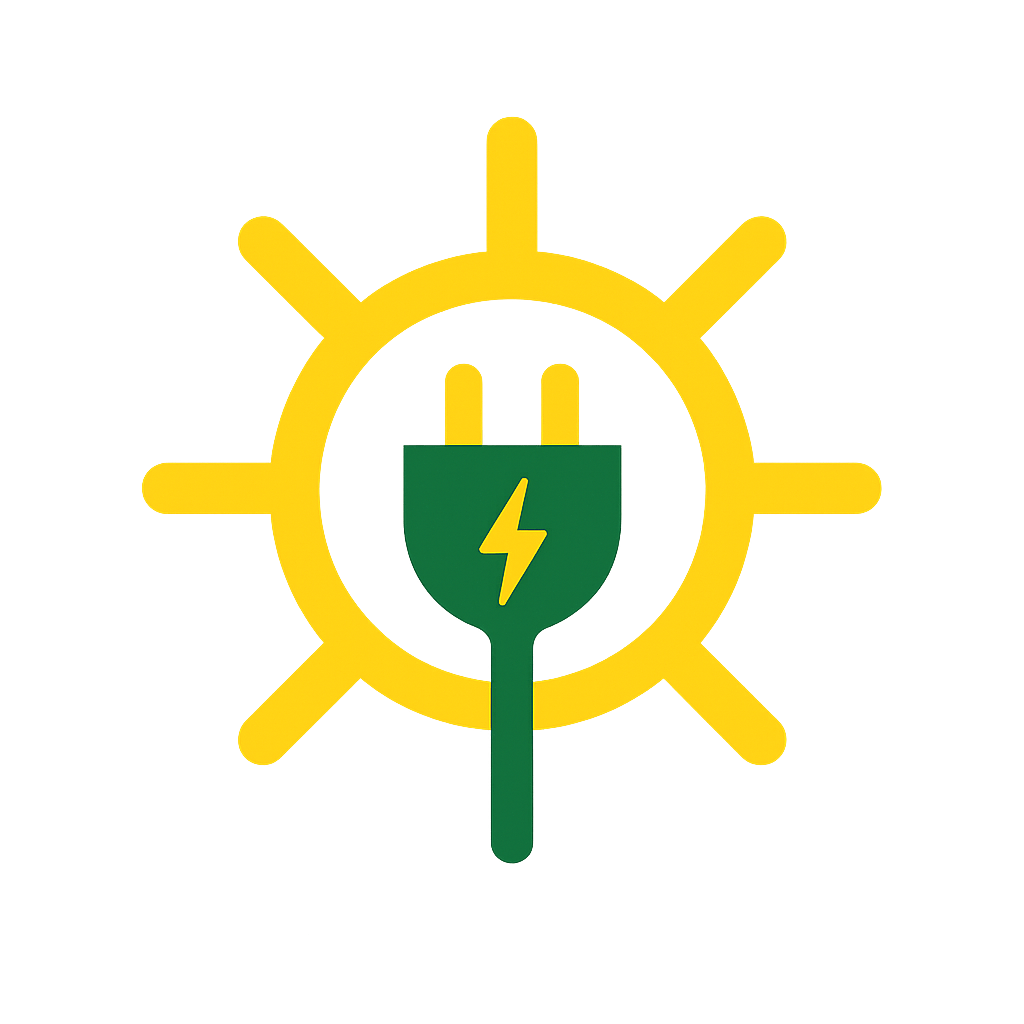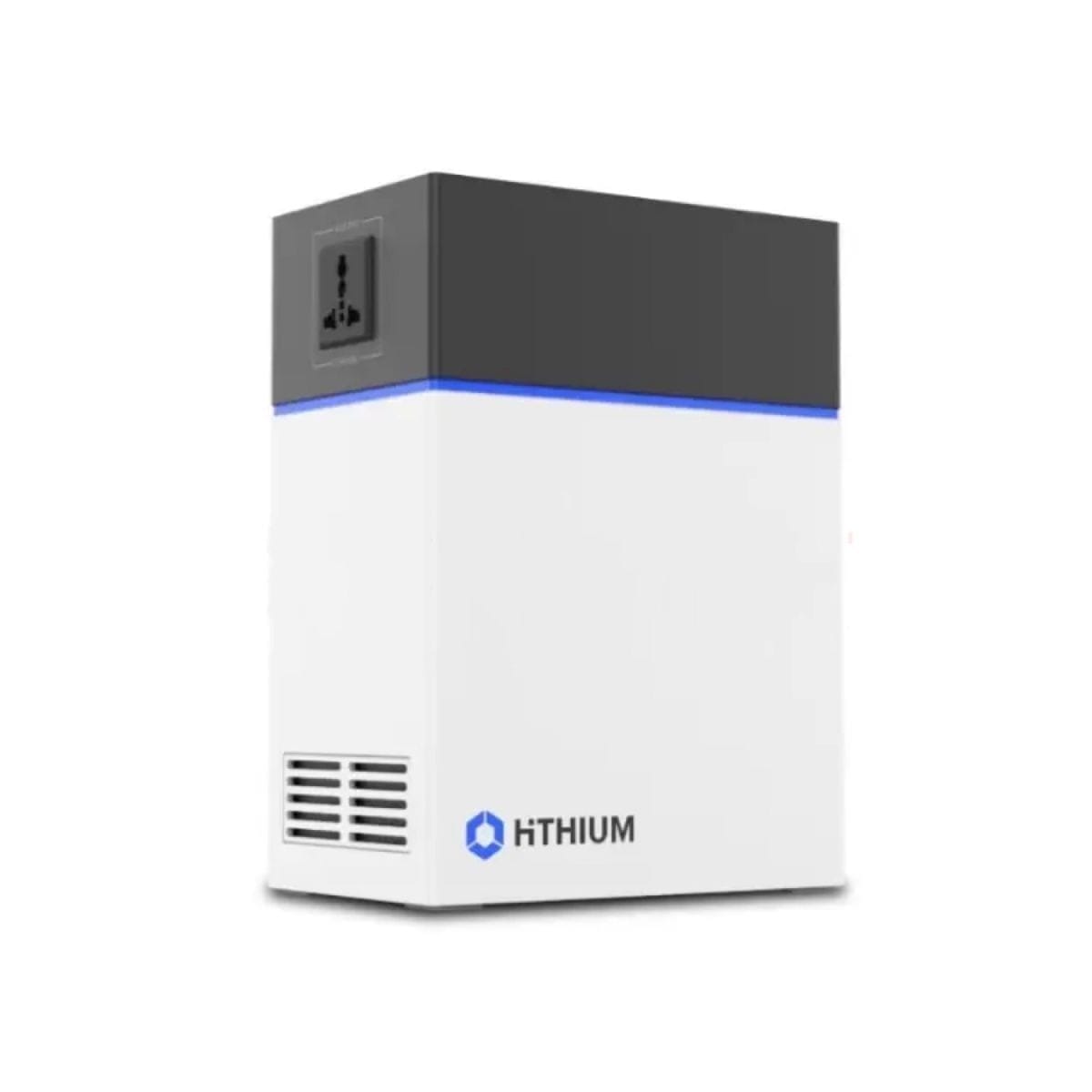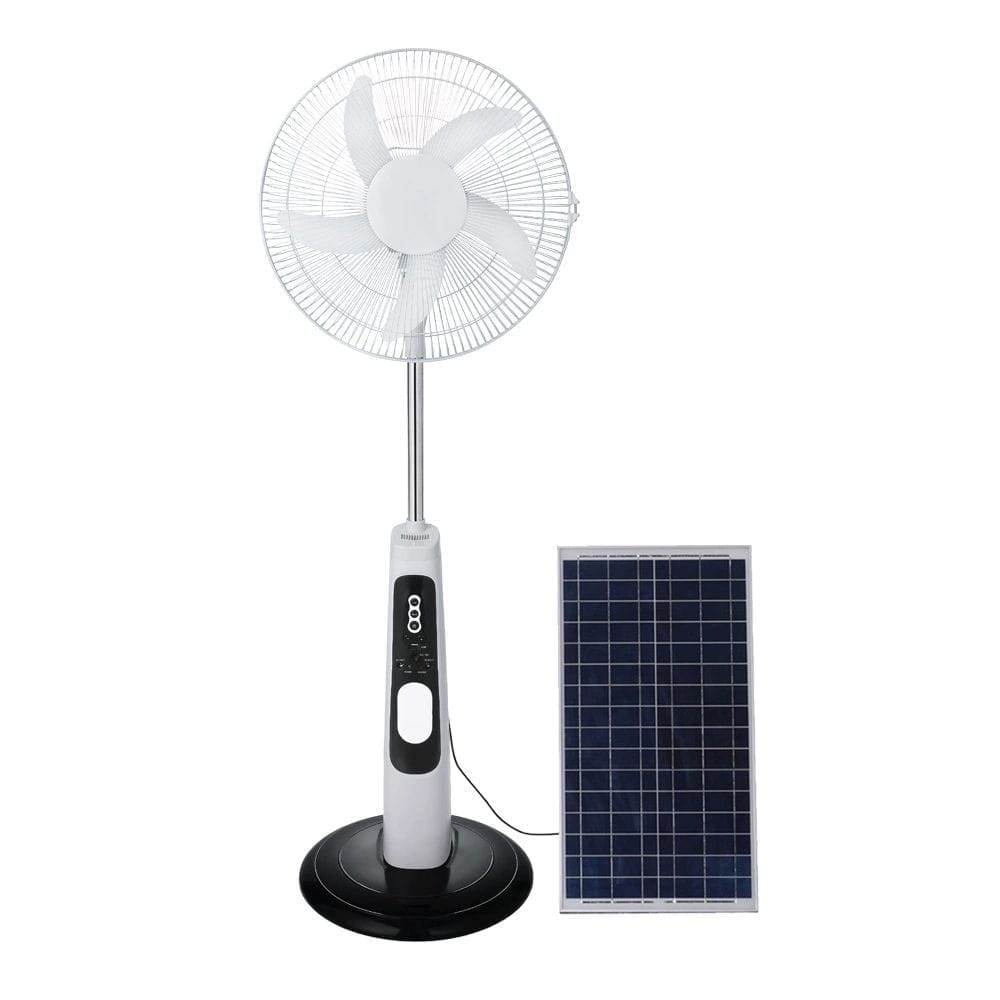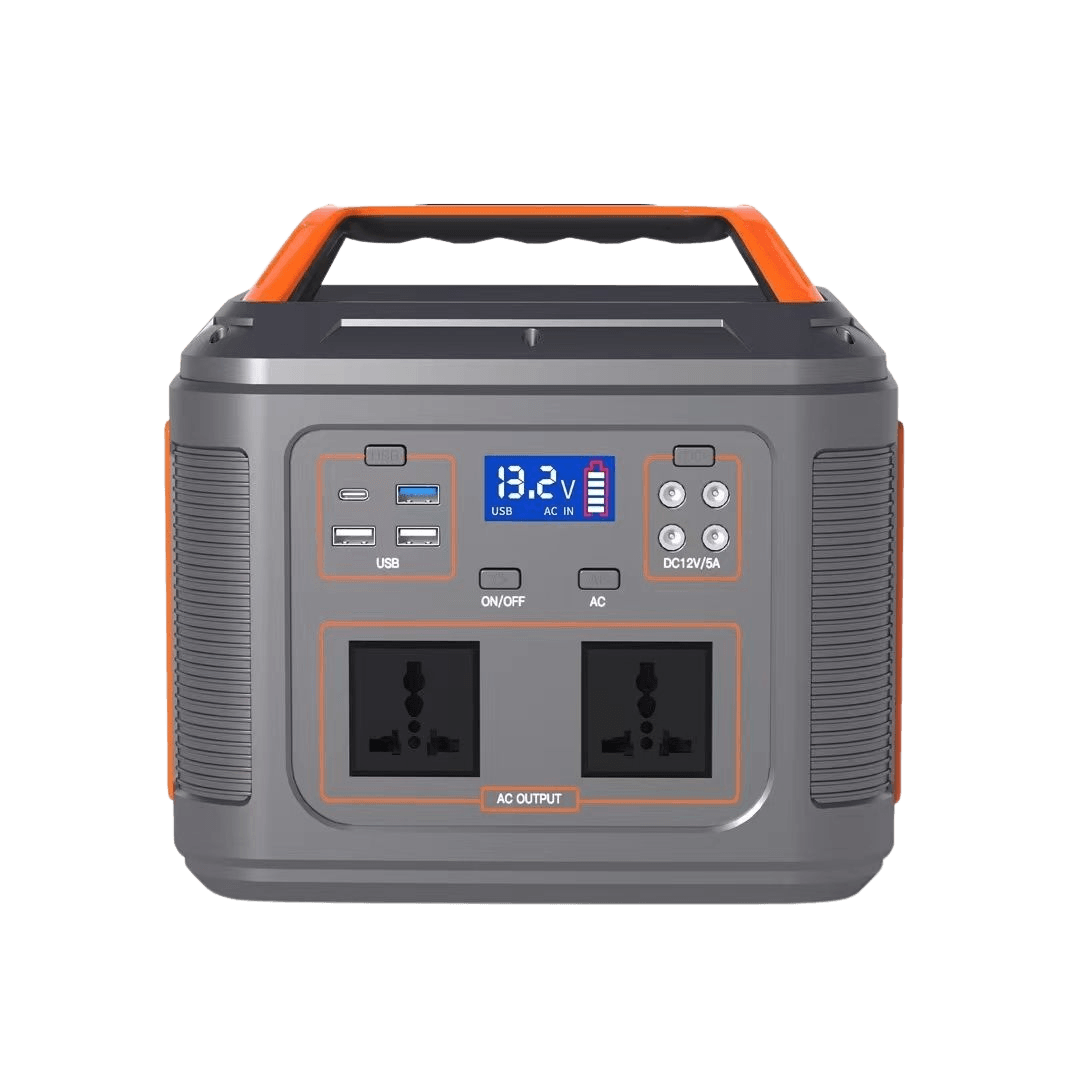What You Need to Power Your TV, Fan & Lights with Solar ( A Beginner's Guide to Solar Sizing)
Why Go Solar for Basic Appliances?
If you live in Nigeria, you're probably used to hearing the phrase "No light" at least once a day. Power outages are a normal part of life, and many people rely on expensive petrol or diesel generators just to keep their homes running.
But with fuel prices constantly rising and the environmental impact of generators becoming more concerning, many Nigerians are now looking for a more reliable and affordable alternative: solar power.
For most households, the basic need is simple — just power a TV, a fan, and a few lights to keep the home comfortable. But many people don’t know where to start or how much solar power is enough.
In this blog post, we’ll break it all down for you — in plain language. You’ll learn exactly what you need to power your TV, fan & lights with solar, how to size your system correctly, and how to avoid common mistakes.
What You Need to Power Your TV, Fan & Lights with Solar
Let’s start by understanding how much power your basic home appliances consume:
LED TV (32" to 42"): 60–100 watts per hour
Standing or ceiling fan: 50–100 watts per hour
3–5 LED bulbs: 30–60 watts per hour total
So, if you’re using all three at the same time, your combined power consumption is around 150–250 watts per hour. This is a very manageable load for solar, especially if you size your system properly.
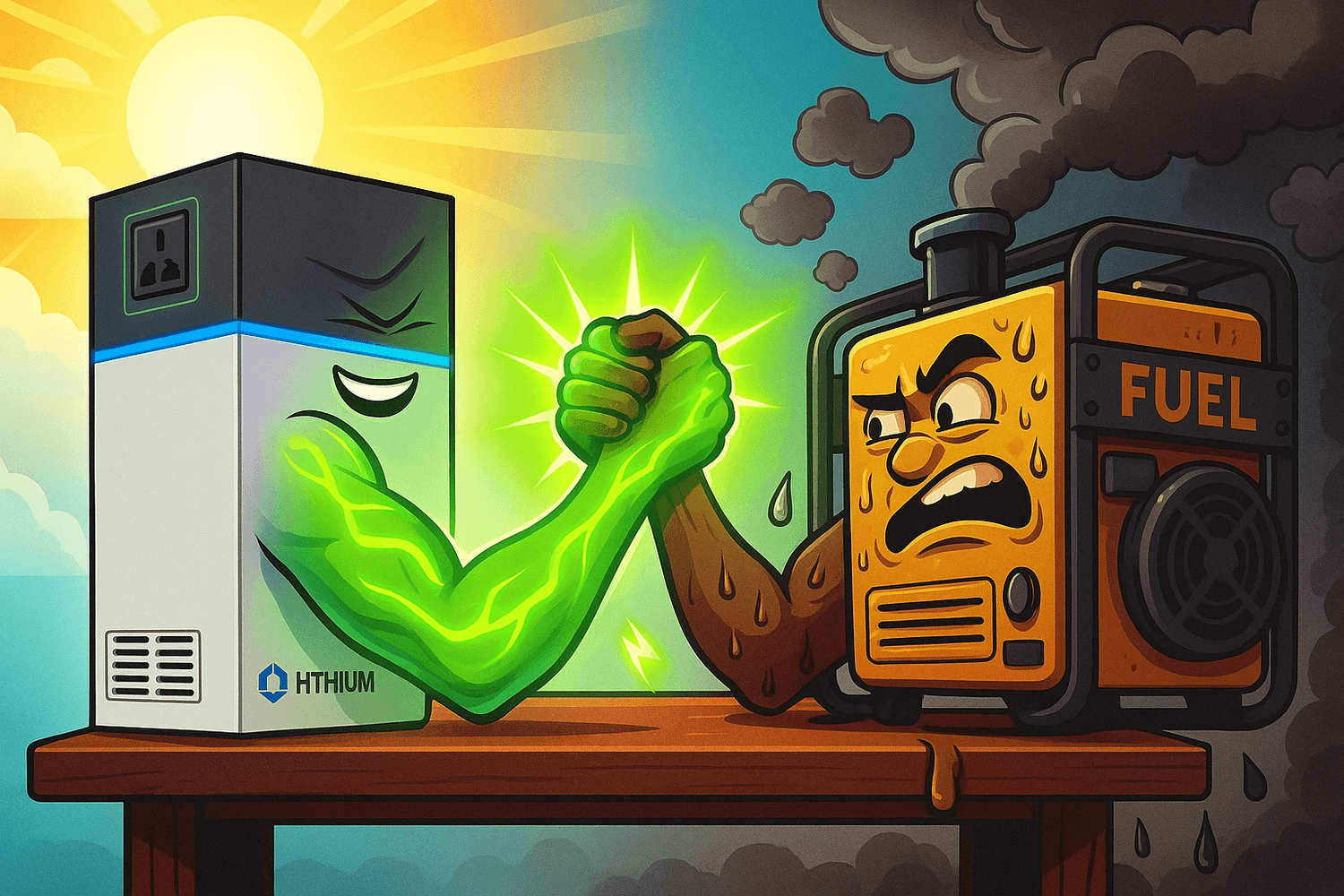
Basic Solar Sizing: Understanding the Key Components
To set up a solar system for your home, you need these 4 main components:
1. Solar Panel
This is the part that collects sunlight and converts it into electricity.
2. Battery
The battery stores the electricity generated during the day so you can use it at night or during cloudy weather.
3. Inverter
Most home appliances run on AC (alternating current), but solar panels produce DC (direct current). The inverter converts DC to AC so your appliances can work.
4. Charge Controller
This protects your battery from overcharging or draining too fast. It manages the flow of electricity between the panel, battery, and inverter.
Think of your solar setup like a water tank system: the solar panel is the water pump, the battery is your water tank, the inverter is the faucet, and the charge controller is the valve that controls flow.
How to Calculate the Solar System You Need
B. Choose the Right Battery Size
To store this much energy, you need a battery that can handle at least 1.5kWh–2kWh. That’s about:
150Ah–200Ah 12V battery or
100Ah 24V lithium battery (better lifespan)
C. Choose the Right Solar Panel Size
In Nigeria, we get about 4 to 5 hours of good sunlight per day.
So, if you use a 300W solar panel, it can generate:
300W × 4 hours = 1.2kWh/day
To generate enough to meet your needs, you may need:
2 × 150W panels or
1 × 300W panel with good sun exposure
D. Choose the Right Inverter
Since your total power load is under 300W, a 300W or 500W inverter is enough. Always go for a pure sine wave inverter — it’s safer for electronics like TVs.
Sample Affordable Solar Setups
Basic Starter Kit (Ideal for small rooms):
1 × 300W solar panel
1 × 100Ah battery (12V)
1 × 300W inverter
1 × 20A charge controller
This can run a TV, one fan, and up to 5 LED lights for 4–6 hours.
Mid-Range Setup (Longer use or multiple fans):
2 × 200W solar panels (400W total)
1 × 200Ah battery or 2 × 100Ah batteries
1 × 500W inverter
1 × 40A charge controller
This setup allows more run-time and can support an extra fan or small devices like phone chargers.
Common Mistakes to Avoid When Sizing a Solar System
Overloading the inverter: Plugging too many appliances into a small inverter can damage it.
Ignoring battery depth of discharge (DOD): Don’t drain your battery completely. It shortens the life.
Buying cheap, low-quality panels: They fade quickly and won’t generate enough power.
No space for panel installation: Make sure your roof or compound gets enough sunlight daily.
Frequently Asked Questions
Q: Can I add more appliances later?
Yes, but you’ll need to increase your panel, battery, and inverter capacity.
Q: How long will my TV and fan run on solar?
It depends on your battery size. A 100Ah battery can power them for 4–6 hours.
Q: What if there’s no sun for 2 days?
You can add more battery storage or connect to PHCN as backup.
Q: Can I use a prepaid meter with solar?
Yes. Your solar system is separate. It reduces your need for grid electricity.
Start Small, Upgrade Over Time
You don’t have to go all-in with solar right away. Start by powering your TV, fan, and lights, then upgrade as your budget grows. It’s better than spending thousands on fuel every month and constantly worrying about power cuts.
Solar gives you freedom, comfort, and long-term savings.
Ready to power your TV, fan, and lights with solar?
👉 Check out our affordable Solar Starter Kits
👉 Chat with us on WhatsApp for custom recommendations
Let SolarPawa help you make the switch — and say goodbye to fuel stress!
About the author
Emayoma Abbey
Email: info@solarpawa.com
Emayoma Abbey is the founder of SolarPawa.com, a platform dedicated to empowering individuals and communities to embrace clean, reliable, and affordable solar energy. With a strong passion for solving real-world power challenges, Emayoma focuses on providing practical, easy-to-understand information that helps people take control of their energy needs.
ABOUT
SolarPawa is Nigeria's trusted online store for affordable and reliable solar energy solutions.
Created with © Emayoma Abbey
